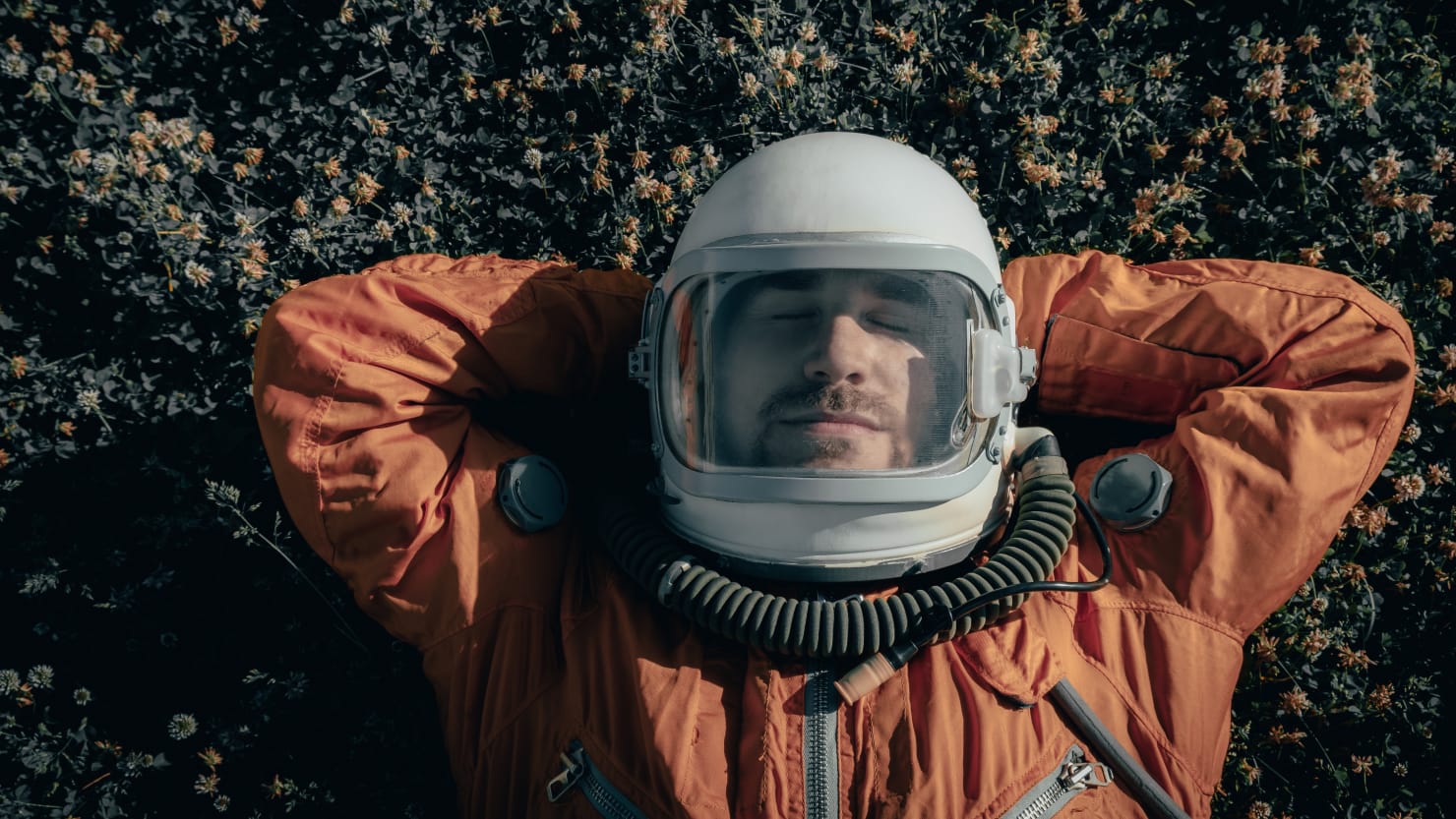Ideally, future astronauts traveling to strange alien worlds would be able to hibernate like bears. The ability to lower your metabolism and body temperature would come in handy during deep space flights, which could last years, perhaps decades. Not only would this mean that crew members would eat less food, but they’d also be able to conserve energy while staving off cabin fever, and preventing loss of muscle and bone density in zero gravity.
Alas, astronauts are not bears. However, researchers are hard at work trying to come up with ways that we could simulate hibernation—also known as torpor—in humans in order to help address issues that’ll no doubt become more important as we get closer to colonizing the cosmos.
A team of scientists at Washington University published a study on Thursday in the journal Nature Metabolism where they successfully used ultrasound to induce a hibernation-like state in mice and rats. The approach is non-invasive and targets regions of the brain to induce the torpor state in the rodents.
“Ultrasound is the only available energy form that can noninvasively focus on any location within the brain with high precision and without ionizing radiation,” Hong Chen, a medical ultrasound researcher at Washington University in St. Louis and co-author of the paper, told The Daily Beast in an email. “We were curious whether ultrasound could noninvasively turn on the switch to induce the torpor-like state.”
Torpor is a state in which mammals reduce their metabolism and body temperature, and essentially slows down their entire system in order to conserve as much energy as possible. The authors write that the state is controlled by the central nervous system. So the idea goes that targeting the hypothalamus, which controls the nervous system, could potentially induce hibernation. It should be noted that while mice enter such a state during periods of extreme cold, rats do not.
The team developed an ultrasound emitter and mounted them on the heads of mice. They then triggered 10-second pulses of ultrasound on the hypothalamus, which caused an immediate drop in the creatures’ body temperature by an average of 6 degrees Fahrenheit, heart rate, and oxygen consumption. The team was also able to automate their device so it would blast the mices’ brains with ultrasound whenever their body temperature rose, allowing them to safely maintain the torpor-like state for up to 24 hours. Within two hours after the experiment, the animals were able to fully recover.
The study’s authors were also able to replicate the experiment in rats—another creature that doesn’t hibernate—for up to 12 hours and found similar results. However, the rats’ body temperature dropped by an average 2 to 4 degrees Fahrenheit instead of 6, which is partly due to the fact that they don’t naturally hibernate. However, it does show that they can entire a torpor-like state with the right technique.
“The finding that this state can be induced in rats, which do not naturally enter torpor, suggests the possibility that similar effects may be induced in humans,” Chen said.
Of course, further research is needed to determine whether it’s effective on humans. Chen added that the team hopes to eventually move the technique to human trials. They might be able to prove that blasting ultrasound on the brain is a great way to get us to rest like the bears do.
The implications of the technique are huge. Not only could it help us potentially deal with the tricky problems of traveling through the far flung cosmos for ages at a time, but it could also help us during life-threatening emergencies like a stroke or heart attack by slowing the metabolism down.
“If feasible, this technique has the potential to reduce energy consumption during long-term human spaceflight and extend the time for lifesaving medical treatment following acute emergencies,” Chen said.
If nothing else, it could help us get to sleep better. There’s probably not enough melatonin in the world to prepare us for the long-haul trip to Alpha Centauri.










